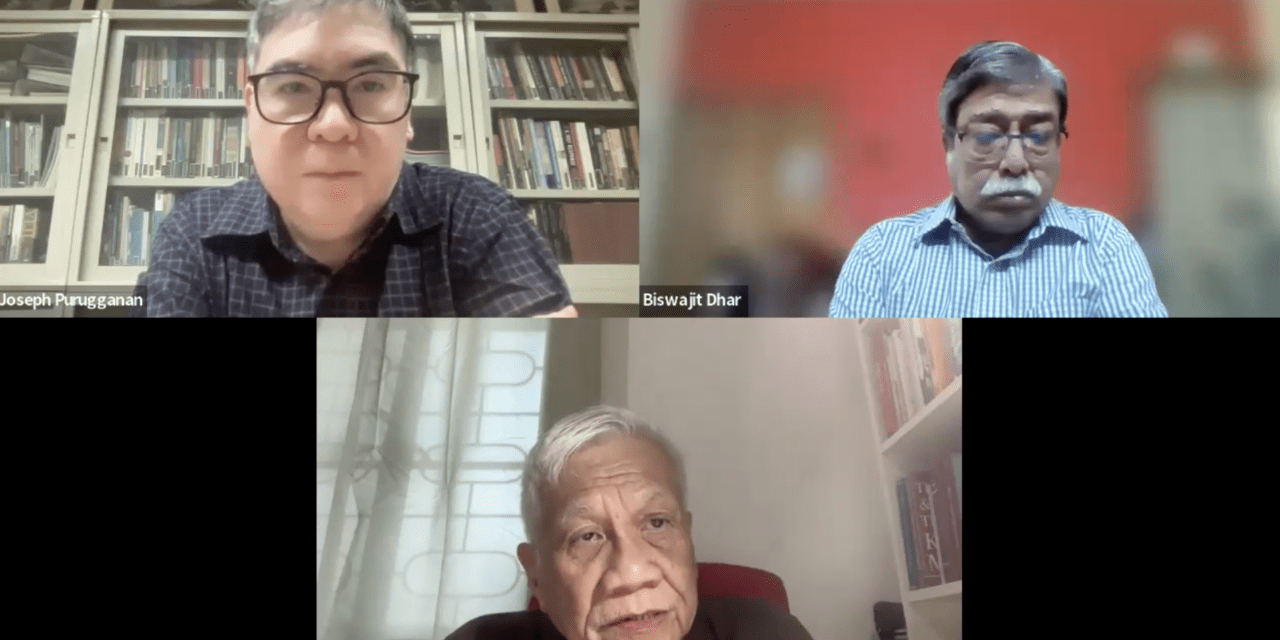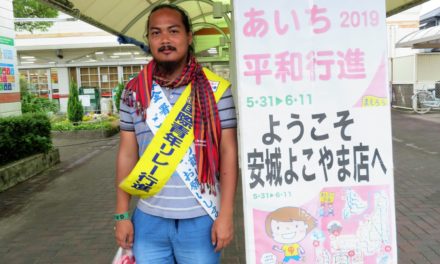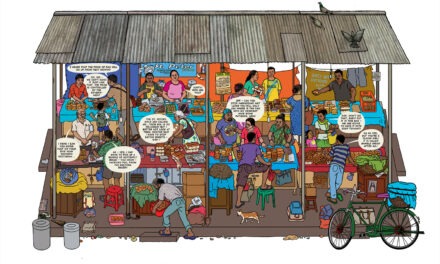This webinar is part of the 30th anniversary of Focus, our contribution to fostering collective analysis on contemporary issues and challenges, and helping to advance progressive and transformative ideas through actions.
My name is Joseph Purugganan, of Focus on the Global South, and I’ll be moderating our discussion this afternoon.
Emboldened by the mandate given to him by American voters and fulfilling a promise made during the campaign, US President Donald Trump, by executive order, imposed unilateral tariffs against States he perceives to be “cheating on America”.
On April 2, 2025, Trump, on what he touted as Liberation Day, announced what many analysts have pointed out as “the most sweeping tariff hike since the Smoot-Hawley Tariff Act, the 1930 law best remembered for triggering a global trade war and deepening the Great Depression.”
The US unilaterally imposed a universal 10 percent tariff on all imported goods to take effect on April 5, and reciprocal tariffs against 59 countries, including least developed ones like Cambodia and Laos (49 and 48 % respectively), where the US has huge trade deficits.
According to the US’ own Bureau of Economic Analysis, the US trade deficit widened to $140.5 billion in March 2025, with Imports jumping 4.4% to an all-time high of $419 billion in anticipation of more tariff announcements in April. So even on that front, the policy seems to be having the opposite effect.
On April 9, however, Trump announced a 90-day pause on all the “reciprocal” tariffs that went into effect at midnight, with the exception of China, who will face 125% tariffs after China announced additional retaliatory tariffs against the United States. China doesn’t seem to be backing down as President Xi has been reported to be working with other States to unite against what China has referred to as “bullying” from Washington.
All other countries that were subjected to reciprocal tariff rates will see rates go back down to the universal 10% rate.
This tariff fiasco has definitely been one of the defining moments of Trump 2.0’s first 100 days, characterized as crazy and chaotic, disruptive and destabilizing. It has most definitely put tariffs back into the public discourse. There has been a spike, for example, in Google searches for the term “tariff” — spiking more than 1650 per cent since the election, and searches for “who pays tariffs” have risen 350 per cent since the election.
The narrative in the US has been dominated by voices from the biggest CEOs who expressed concerns over the uncertainty that the policy has created. Consumers will also feel the brunt of the tariff policy as the taxes are expected to be passed on to the consumers through higher prices of goods, not just imported ones, but even those manufactured in the US but utilizing inputs from abroad.
There’s a lot to unpack; there’s a need to cut through the noise and go beyond the drama, in order to chart a path forward, especially for developing countries navigating the global trade regime that has become more uncertain and unpredictable.
What are the implications of this current wave of weaponization of trade–as we can argue that powerful States have done this all along, using a toolkit of economic statecraft to advance their strategic interest–but what is the implication of Trump’s weaponized tariffs on the supposedly rules-based global economic order?
Will the chaos further strengthen the hand of dominant trade powers—the US, EU, and China—in the continuing power struggles over critical minerals and digital trade, two new elements underpinning trade negotiations?
On the other hand, does the crisis present an opportunity to move the transformation of the global trade regime, to push for genuine people’s alternatives on trade policy that put decent jobs, public services, industrial policy, food sovereignty, and climate justice at the centre stage?
What can progressive movements do to advance this transformative agenda?
WATCH The Uncertainties of Free Trade and Protectionism:
Speakers:
-
- Walden Bello, Former Member of the House of Representatives of The Philippines
- Lori Wallach, Rethink Trade – The American Economic Liberties Project, United States
- Biswajit Dhar, Former Professor, Jawaharlal Nehru University, Delhi
- Anuka Vimukthi De Silva, MONLAR/La Via Campesina
- Sanya Reid Smith, Legal advisor and senior researcher, Third World Network










